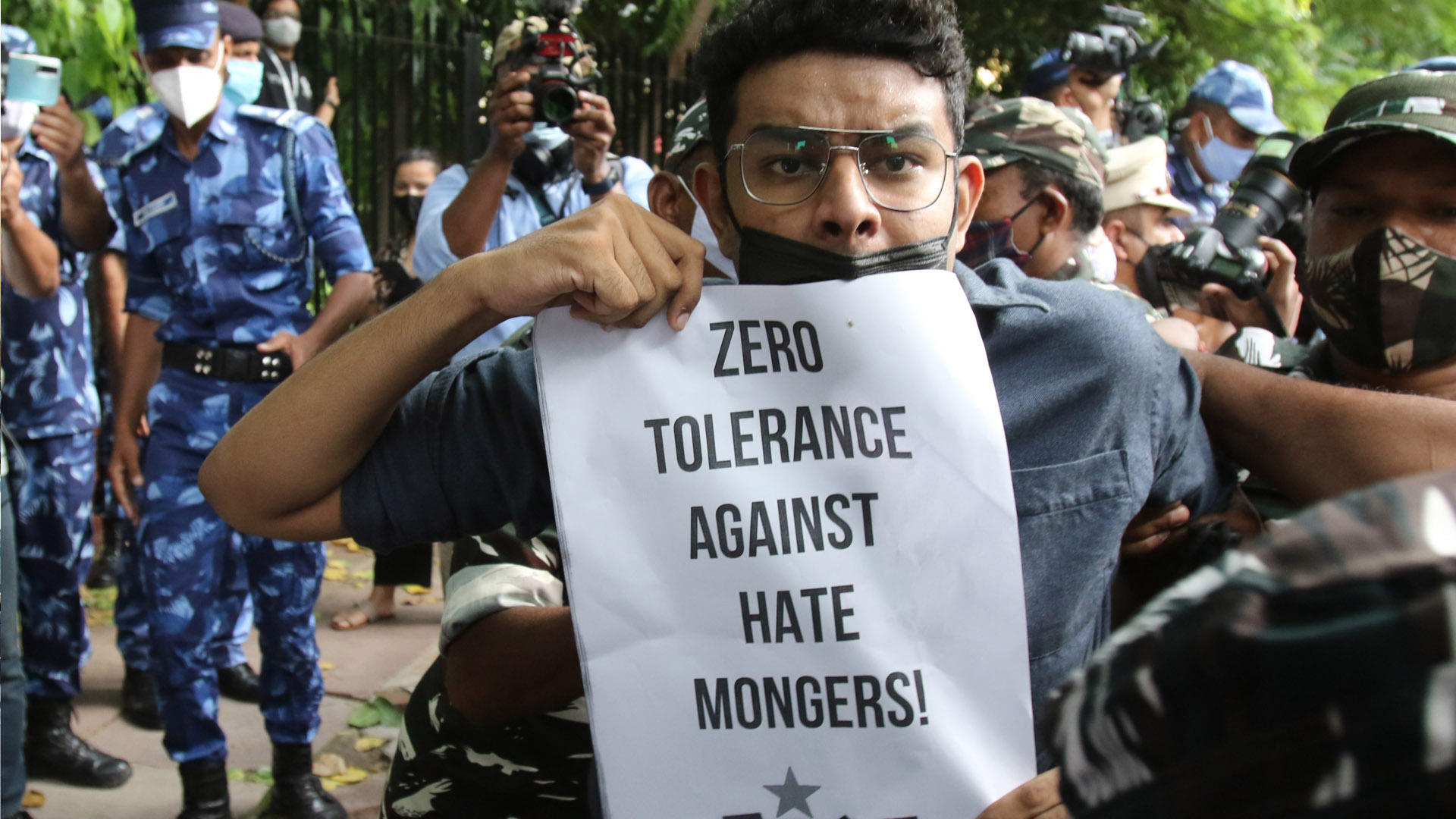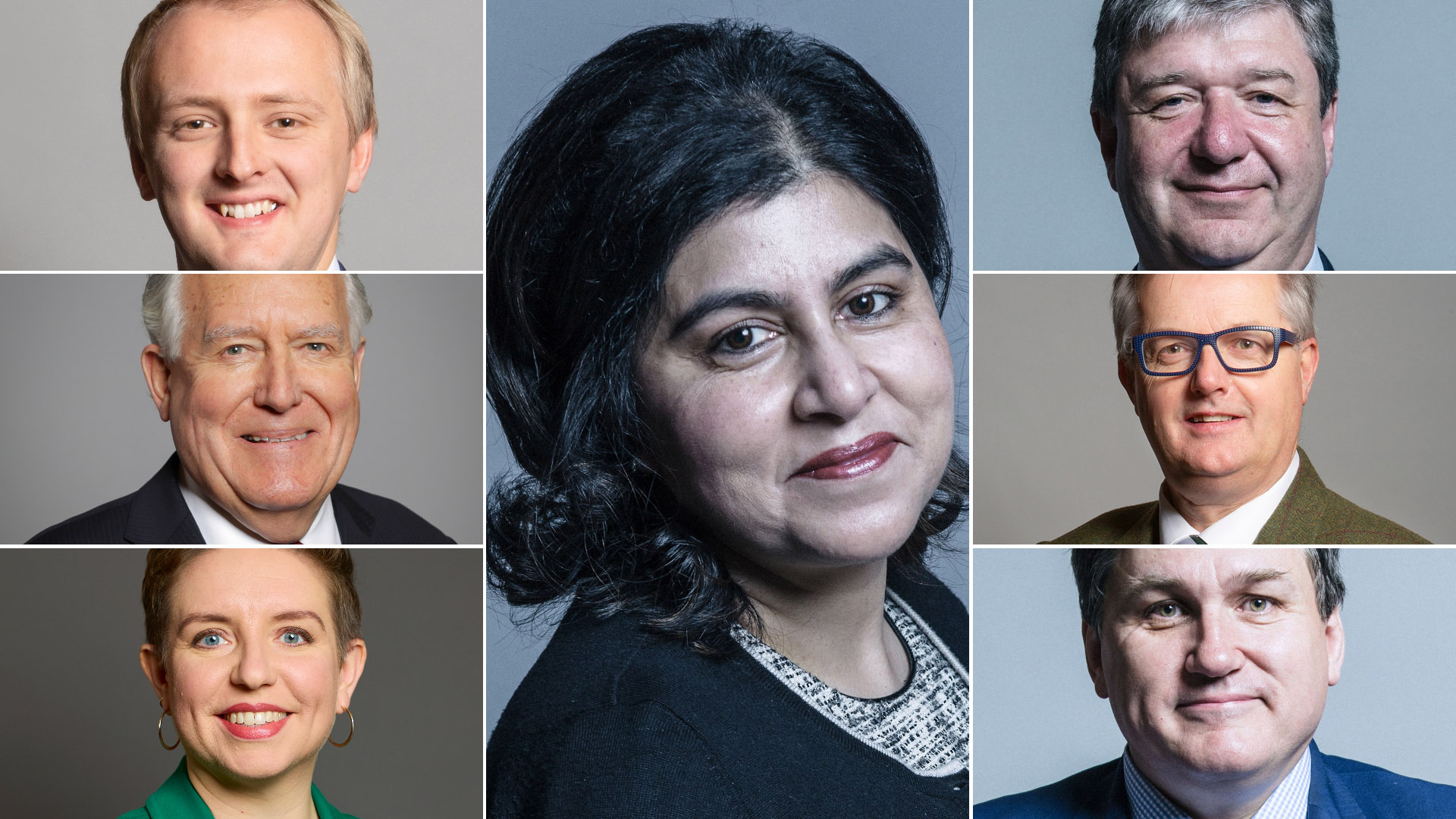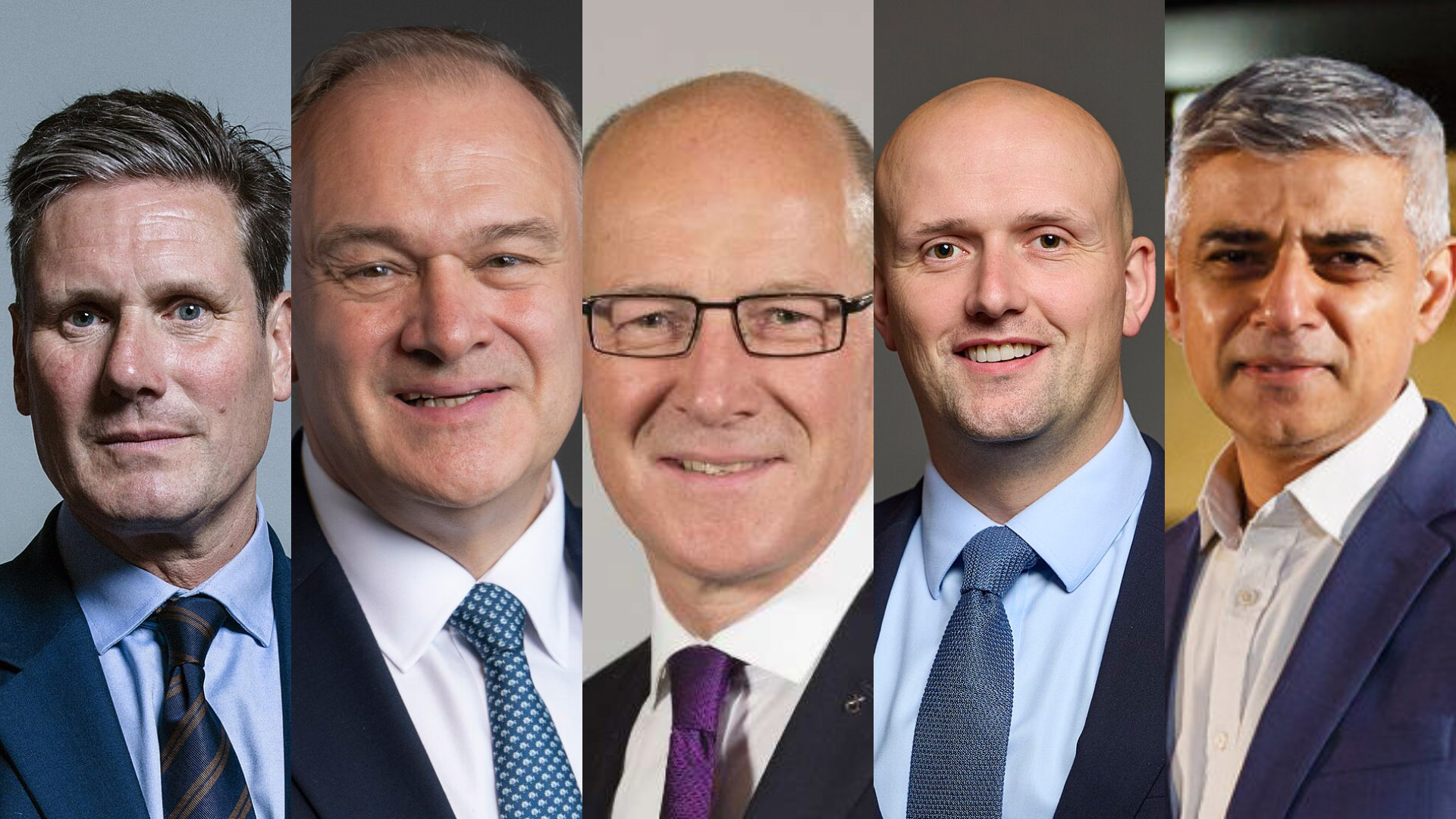
Elham Asaad Buaras
In 2024, the landscape of hate crimes in India underwent a dramatic transformation, characterized by a significant increase in anti-Muslim hate speech and related acts of violence. A report from the US-based think tank India Hate Lab (IHL), released on February 10, revealed a staggering 74.4% rise in hate speech incidents, jumping from 668 cases in 2023 to 1,165 in 2024.
This alarming trend directly reflects the ideological goals of the ruling Bharatiya Janata Party (BJP) and the broader Hindu nationalist movement.
The recent general elections served as a critical catalyst for the uptick in hate speech. Under the mounting pressure to secure Hindu nationalist support, Prime Minister, Narendra Modi, and the BJP ramped up their anti-Muslim rhetoric.
Modi’s statements referred to Muslims as “infiltrators” and accused the opposition Congress Party of attempting to redistribute national resources disproportionately to the Muslim community. As a result, the political climate became increasingly hostile, fostering an environment ripe for hate speech.
The IHL report highlighted the profound implications of this rhetoric, revealing that 98.5% of the recorded hate speech incidents specifically targeted Muslims. Of these, attackers targeted Muslims in 1,050 incidents, while 97 incidents also involved Christians. Notably, BJP-ruled states recorded over two-thirds of these cases.
The prevalence of hate speech was particularly pronounced in three BJP-ruled states—Uttar Pradesh (242 incidents), Maharashtra (210), and Madhya Pradesh (98)—which collectively accounted for nearly half of all recorded occurrences in 2024. Furthermore, BJP leaders significantly contributed to this hostile atmosphere, with over 450 hate speeches attributed to party members.
In August 2024, a second wave of hate speech emerged following the fall of Sheikh Hasina’s government in Bangladesh, allowing political unrest to be exploited for the dissemination of anti-Muslim sentiments.
A particularly alarming trend was the increasing number of calls for the destruction of Muslim places of worship. Following Modi’s inauguration of the Ram Temple at the site of the demolished Babri Masjid, Hindu nationalist groups intensified their demands to reclaim religious sites.
The report noted that 274 hate speeches explicitly called for the seizure or destruction of religious sites belonging to Muslims and Christians, with BJP politicians accounting for 84 of these instances.
Social media platforms played an instrumental role in propagating hate speech, enabling the rapid dissemination of anti-Muslim rhetoric to vast audiences. Platforms such as Facebook, YouTube, and X facilitated this spread, with the IHL reporting that 995 hate speech videos traced back to social media origins—495 of which originated on Facebook.
Alarmingly, despite existing community guidelines against hate speech, minimal action was taken to remove harmful content; only three videos had been removed as of February 6, 2025, leaving 98.4% still accessible online.
The nature of hate speech in 2024 revealed both continuity and escalation. Long-standing Hindu nationalist narratives branding Muslims and Christians as “outsiders” or “threats” persisted, yet the tone shifted to incorporate more direct and violent calls for exclusion.
Specifically, 259 events included explicit calls for violence against Muslims, representing approximately 22.2% of all recorded hate speech incidents. Additionally, 111 speeches (9.5% of total incidents) advocated for the social or economic exclusion of Muslims, while 123 speeches (10.6% of total incidents) encouraged Hindus to arm themselves against minority communities. The targeting of Rohingya refugees witnessed a staggering increase of 210% in hate speech compared to the previous year.
The IHL report identified several key political and religious figures who played instrumental roles in inciting this wave of hate speech in 2024. Prime Minister Modi was responsible for 63 hate speeches, while Uttar Pradesh Chief Minister, Yogi Adityanath, contributed 86 to the narrative.
Other notable figures included Home Minister, Amit Shah, Assam Chief Minister, Himanta Biswa Sarma, Telangana BJP legislator, T. Raja Singh, and Maharashtra BJP minister, Nitish Rane. Additionally, several Hindu religious preachers, such as Mahant Raju Das and Yati Narsinghanand Saraswati, further inflamed tensions through their inflammatory rhetoric.
Photo: Indian security personnel detain AISA and SFI activists during an August 10, 2021, protest at Jantar Mantar, New Delhi, against alleged communal slogans at a Bharat Jodo Movement event. (Credit: Pankaj Nangia/AA)

